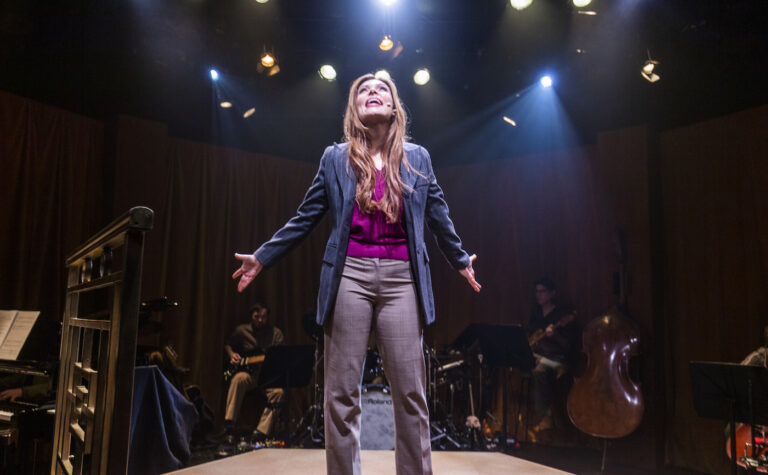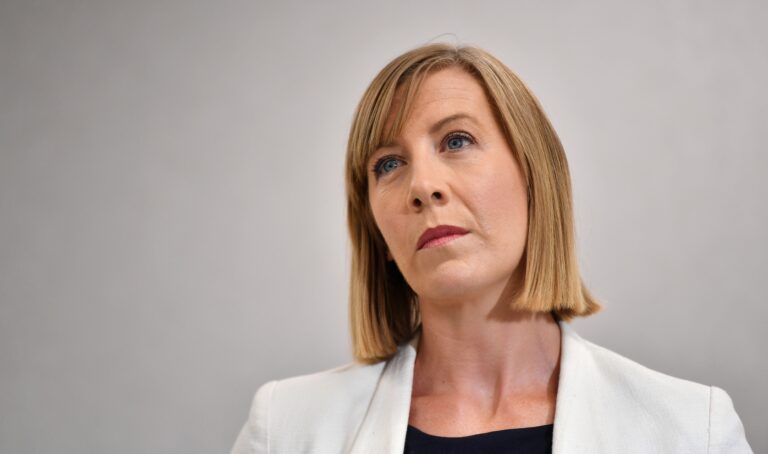

BY ANGIRA BHARADWAJ
Sex workers are not allowed to conduct business within their own homes in Marrickville, despite no community complaints or raised concerns.
Over the last few years, changes to the 2011 Marrickville Local Environment Plan have effectively prohibited home base sex work within the local government area.
Marrickville Mayor Sam Iskander told City Hub that he thought home-based sex premises were dangerous and that he believed the broader community was actually against it.
“Most of the neighbours will be against it, the community will be against it, the school will be against it, and it will be a place to bring trouble,” Clr Iskander said.
He said that support in council for allowing home based sex work was in the minority.
Clr Iskander said the council followed state guidelines in its treatment of home based sex work.
“We want the workers and clients safe,” he said.
“When you have such a thing open next to the neighbours and the neighbours are not happy, then we have a problem.”
Although the mayor said the council is opposed to sex work as a home occupation, he said he welcomed community opinion on the matter.
27 year old sex worker Ruby, not her real name, told City Hub she believed the prohibition of home-based sex showed a lack of understanding around the role of councils in regulating the sex industry.
She has lived and worked from her home in Marrickville for the past six years, before and after the prohibition of residential sex work.
“The intention of decriminalisation [of prostitution in NSW] was to remove any rules or regulations that unfairly impact on sex workers as a legitimate occupation,” she said.
“Banning home occupation sex services or people like me who are self-employed and working from home from a council area is against the intention of the decriminalisation of sex work and it’s also against the intention of state legislation to do with sex work.”
She said the ban was not only bad for business, but contributed to discrimination and stigma experienced by those in the industry.
“Banning home-based sex workers from a local council area sets up an instance of treating certain group like second class citizens.”
Marrickville Greens Councillor Sylvie Ellsmore said council records showed that there had been no complaints over the past year in relation to sex workers operating from home.
She told City Hub that the tweak in the 2011 Local Environment Plan (LEP) had meant that home-based sex workers were now on the wrong side of the law, even though there had been no complaints from the local community.
“In the same way that hairdressers, lawyers or accountants running their own business from home do not require a DA, neither should sex workers,” Clr Ellsmore said.
“Unfortunately, Marrickville Council’s LEP – which was not supported by the Greens – includes a prohibition on sex work as a home occupation everywhere in the LGA. We would like to see this changed,” she said.
“Research shows that sex workers and their clients are safer if sex workers can work from their own home.”
“Not recognising this leaves these businesses largely unregulated, and further drives sex work underground, increasing the risk of violence and exploitation.”
Clr Ellsmore said that she was pleased to note in the report of the NSW Parliamentary Inquiry into the Regulation of Brothels that Marrickville had not engaged the services of a private investigator to locate illegal sex work.
“The use of private investigators by local councils is an appalling practice that doesn’t work, and has a high risk of corruption or abuse by people working or pretending to be private investigator,” she said.
“The risk of this kind of abuse and corruption when police were primarily responsible for investigating brothels is why the NSW Government decided to decriminalise sex work years ago.”
The issue may not just be confined to Marrickville, as other Sydney councils have also banned this form of sex work.
President of advocacy group Touching Base, Saul Isbister, said he was “disgusted and alarmed” to find out that 32 of 40 Sydney metro councils had prohibited home-based sex work.
Seven councils require a DA to run home-based work in the Sydney area, which Mr Isbister said compromised the privacy and safety of sex workers.
He said the sex workers were “being discriminated against for no valid reason”.
While Marrickville Council’s decision has caused concern amongst the industry, Mr Isbister told City Hub that the issue goes beyond local councils.
“The state government has seemingly washed its hands of any responsibility in regards to regulating the home based sector of the sex industry in NSW,”
he said.
“It provides directions to councils of the need to accommodate commercial premises but remains silent when councils prohibit the home based sector.”
He said the banning of home-based sex work leads to increased pressure and mental strain for workers.
“Touching Base has been considering ways that we may in fact take court action against Marrickville Council in regards to their prohibition of home based sex work.”
The NSW Parliamentary Inquiry into brothels found last month that Marrickville Council received 93 complaints about brothels and sex services premises in the area over the last five years, but no complaints about home-based sex work.









